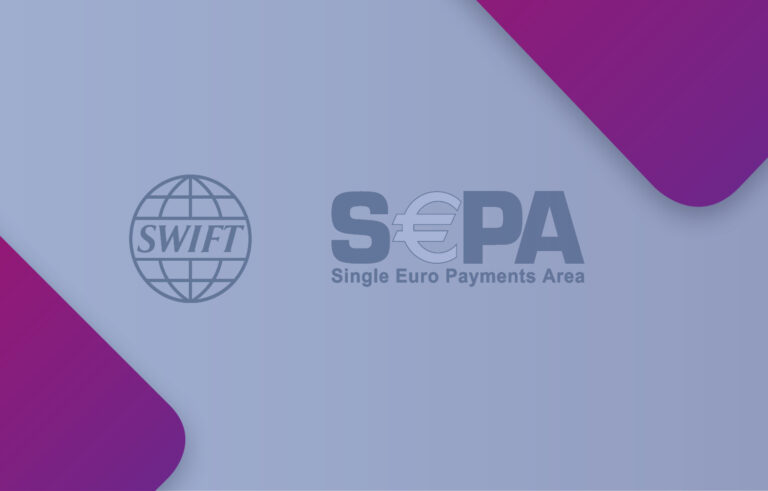
When it comes to merchant accounts, the amount of information and terminology surrounding them can be overwhelming to even the most seasoned of business owners. We’ve put together this guide to merchant accounts and fees, so you can easily understand what you’re paying each month, and why these costs appear (or don’t) on your monthly transaction statement.
What are merchant account fees?
Each merchant account application consists of four sections; business and past history, anticipated processing volume and transaction information, merchant account fees and signature section. Of all of these, merchant account fees are not only the most important, but also the most complicated.
Merchant account fees are offered to you by your bank or service provider. The fees themselves consist of two parts; processing and transactions, and then everything else.
How do you calculate merchant account fees?
When it comes to calculating fees, you need to start by looking at which are the right fees for your business. Big names such as PayPal, Elavon and Worldpay have fee structures to suit a wide range of businesses, but it is important to do your research to ensure you’re not overpaying.
Calculating merchant fees will mostly depend on how payment is taken, as online merchant account fees are different from those where transactions are taken in person. Below is a list of the fees associated with both types of transactions, so you can feel confident when looking at your statements and calculating your fees.
Types of merchant fees
Merchant Service Charge (MSC)
The charge taken on every credit and debit card transaction. Usually, account providers will quote a percentage fee, which will be different for each type of card. Often, there will also be a difference between face to face sales, and online transactions, as well as a different charge for business cards, international cards, and even contactless payments.
Terminal Hire
The cost of renting a PDQ (link) machine, which is usually charged monthly. Usually, the longer the contract you agree too, the cheaper the monthly payment.
Payment Gateway Fee
For eCommerce stores only. The gateway is the platform that encrypts payment information to ensure secure online payments. Costs for this are usually calculated per transaction.
Authorisation Fee
Authorisation fees can be payable on both debit and credit card transactions. However, this can be different depending on your service provider.
PCI Compliance Fee (Payment Card Industry Data Security Standard)
The guidelines set out to ensure all companies accept card payments in a fully secure environment. This annual cost is for the certification of this to be arranged through your service provider.
Minimum Monthly Service Charge
This charge occurs if the business is proven to be unprofitable by the service provider. Usually, a bench mark will be set by the provider, with the aim to make all merchants hit their targets.
Annual Fee
Not charged by all service providers, but those who do may accept a monthly payment for the annual fee.






